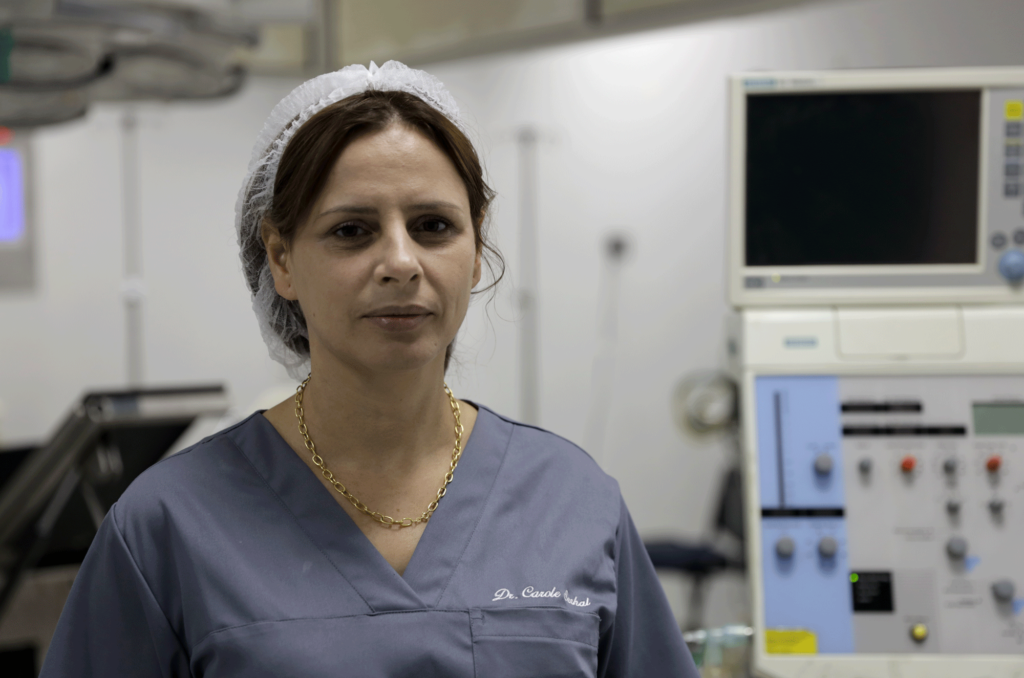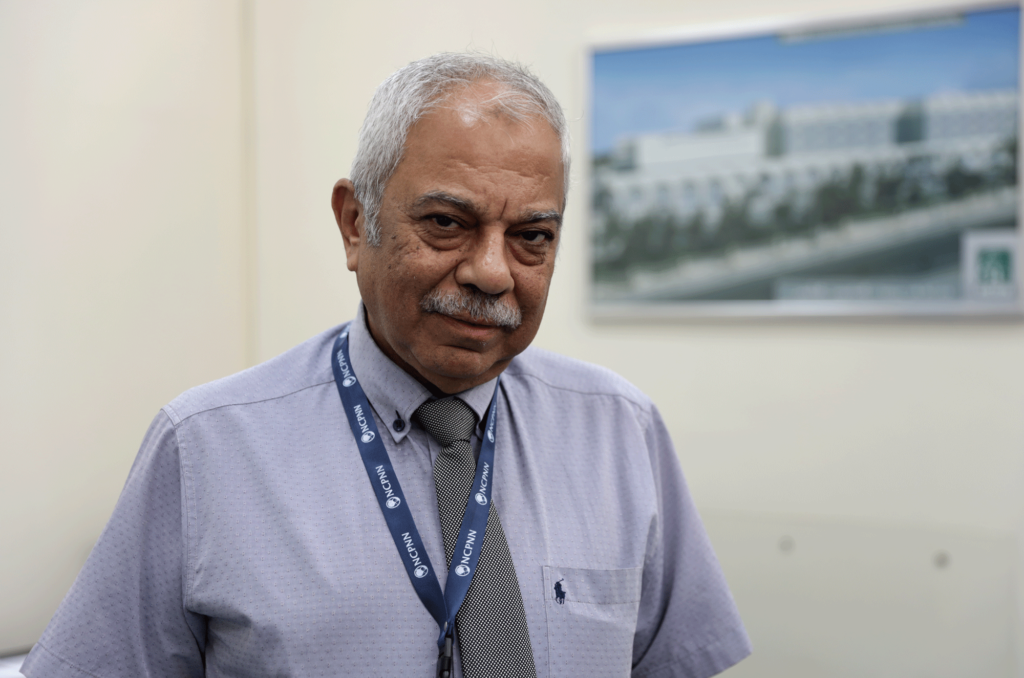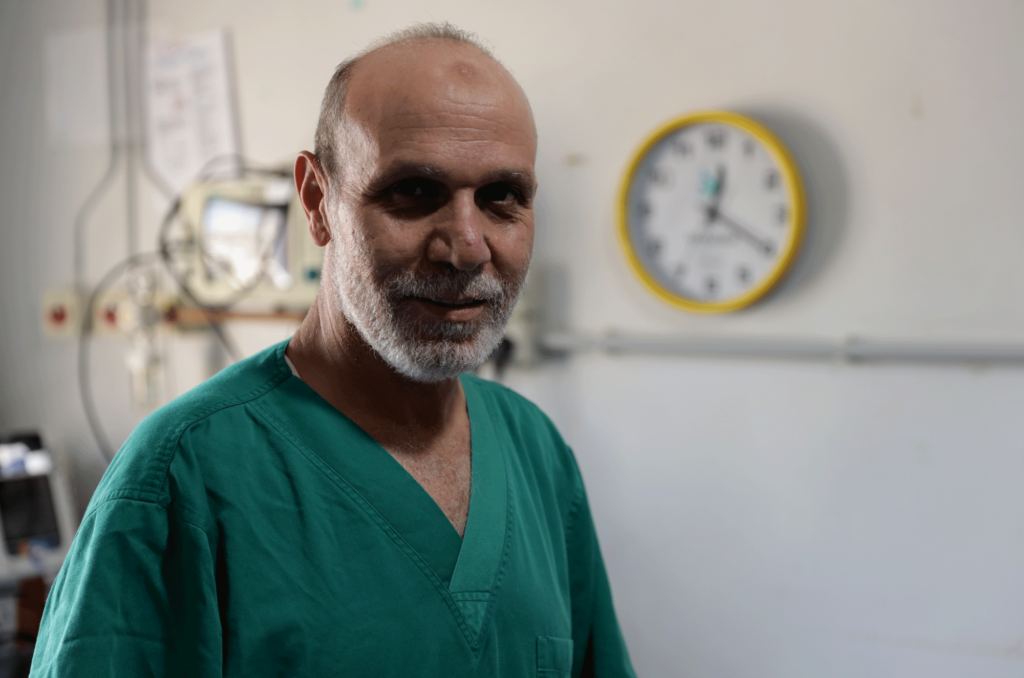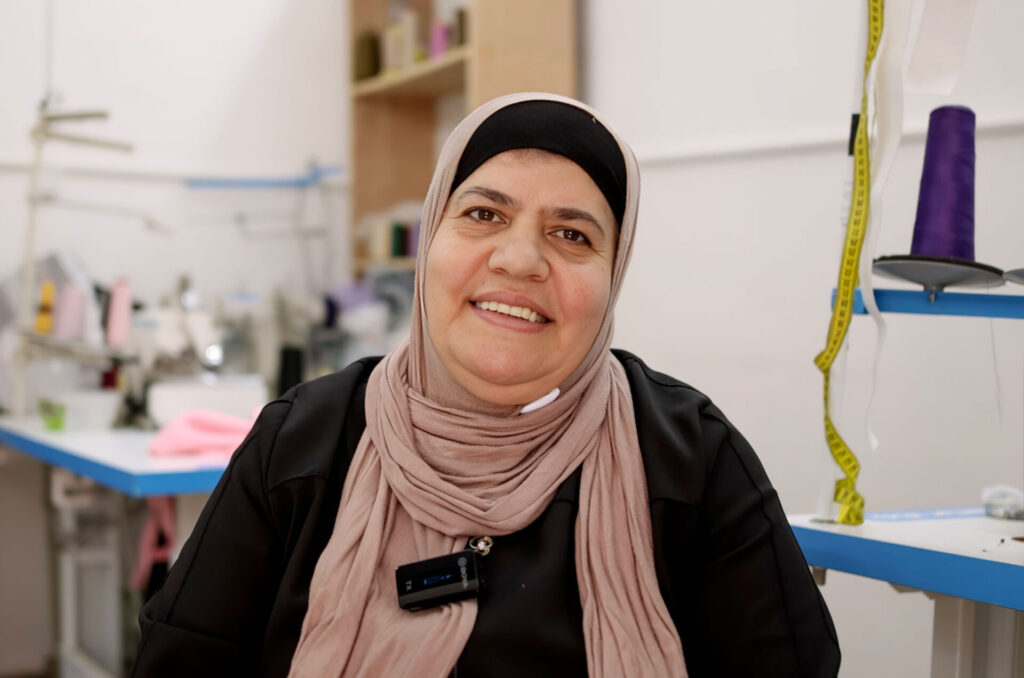Nov, 2022
Providing essential medical supplies like anesthesia to Lebanese hospitals, thanks to generous donations of medical aid from Americares
Medical institutions in Lebanon have been grappling with the national economic crisis since late 2019, leaving the country's once reputable healthcare system deeply shaken. The financial crisis has deeply compromised the medical system's ability to provide treatment to the public, especially to more vulnerable patients. The political stalemate and social and economic tensions are keeping the country frozen in a state of tense uncertainty, while doing nothing to resolve the many challenges.
Carole Serhal, the head of anesthesia at Rafik Hariri University Hospital in Beirut, says,
“In the last three years, we all experienced the economic crisis first-hand, and hospitals are aware of how this has influenced our centers. Medicines and medical supplies are difficult to purchase and find, and there is always something missing on our shelves. This affects the health of patients with chronic conditions or those undergoing dialysis.”


"Medicines and medical supplies are difficult to purchase and find, and there is always something missing on our shelves."
The country’s most vulnerable groups are left unprotected, with few medical centers accepting patients without private insurance or unregistered with Daman, the national social security service. Individuals who were previously secured and self-sustained, are now desperately trying to navigate through public and privately-funded medical centers to continue treatment.
Mahmoud Hmayed, the head of the anesthesiology department at Hamshari Hospital in Saida, says,
“It is very important that our hospital continues operating, and that we continue receiving support from organizations. We are a humanitarian association that offers services at an almost-free rate, and we accept patients from various nationalities, including Lebanese, Palestinian, Syrian, Bangladeshi, Ethiopian, and others. We have a zero-tolerance policy for any discrimination.”
Despite the local expertise and advanced technologies, Lebanon's healthcare system has been overwhelmed by the calamitous events of the last few years: the Beirut blast, the coronavirus pandemic, and the ongoing economic crisis.
There have been shortages of many medicines, including anesthetics, which have often been difficult to source, causing many hospitals to postpone all non-essential surgeries.
The government’s efforts to mitigate the situation have been modest, leaving many unable to afford healthcare or obtain medicines. The national budget for the Ministry of Health has lost most of its purchasing power since the currency crash. Short of a national plan action, the healthcare sector will only plunge further into the crisis.
Serhal says,
“What made this difficult position even more pressing was the exodus of doctors and nurses out of Lebanon, leaving the medical sector to operate with minimal staff capacity. Despite the challenging times, we treated all patients thanks to the excellent administration at [Rafik Hariri University Hospital] which efficiently allocated our supplies. Still, we experienced shortages because the entire country could not import some medicines regularly.”
Jihad Saade, the chief of the medical staff at Rafik Hariri University Hospital, says,
“At times, some hospitals are stuck and simply have no choice but to cancel surgeries simply because anesthetics cannot be found. Our teams got used to finding alternative methods, mostly necessitated by medical supply shortages, but also due to other infrastructure and resource deficits. However, we have a policy that life-threatening surgeries are to be performed at any cost.”
Although most medicines are currently back on the shelves, many are very expensive, remaining off-limits to a large portion of patients.
Anera stepped in to provide support to hospitals and patients who are in dire need of anesthetics. Americares, a health-focused relief and development organization and long-time Anera partner, donated a shipment of anesthetics to address this shortage.


"At times, some hospitals are stuck and simply have no choice but to cancel surgeries simply because anesthetics cannot be found.”
The medical shipment contained sevoflurane, a general anesthetic that is sold at exorbitant prices during this period and has been out of stock regularly.
Sevoflurane is an inhalational anesthetic to induce and maintain general anesthesia. It is used in many surgeries, and without anesthesia, most procedures cannot be performed.
Serhal says,
“We use sevoflurane for all general anesthesia when we are required to, such as in pediatrics, and there is no alternative that is currently available, making it a sought-after drug. So far, we have not had to postpone or cancel an important surgery, and our team is always working to guarantee the necessities of the patient.”
Anera distributed the supplies to public and private hospitals across Lebanon, including Rafik Hariri University Hospital in Beirut and Hamshari Hospital.
Hmayed says,
“We want to thank all the organizations, large and small, for their efforts and support. This humanitarian support is helping reduce people's pain and alleviate their health, mental and physical health during these harsh times and the never ending crisis. This support helps us serve the most impoverished patients and receive respectful healthcare. It also helps us operate over 200 surgeries per month, with around 20 being emergency surgeries.”
The donation’s quantity is meant to sustain all surgery activities using sevoflurane for the entire fiscal year, lasting till May 2023.


"This humanitarian support is helping reduce people's pain and alleviate their health, mental and physical health during these harsh times and the never ending crisis."
The anesthetics will enable the hospitals to carry on their surgeries as planned, while at the same time decreasing the total bill for the patient. Donations like this are vital in helping to keep hospitals from collapsing.
Hmayed says,
“We felt that our hospital was able to persevere through the crisis, even during the tough period of the pandemic, most medications were consistently available in our medical storage, thanks to support from several organizations such as Anera and Americares.
"We also have a supply of anesthetics in our reserve, and we save them for emergency cases and accidents, or life-threatening surgeries.”
Saade says,
“We rely on donations since they help us overcome our financial problems, which is our principal issue. Donations are also facilitated and do not pass through customs or any of the complexities banks impose with fresh dollar accounts. Donations are also fundamental as they directly support vulnerable patients who couldn’t otherwise afford this medical service, and we thank Anera for helping us provide these services.”

